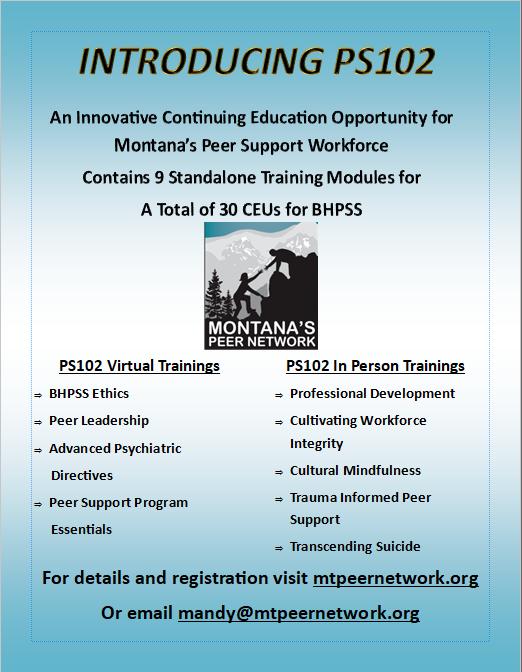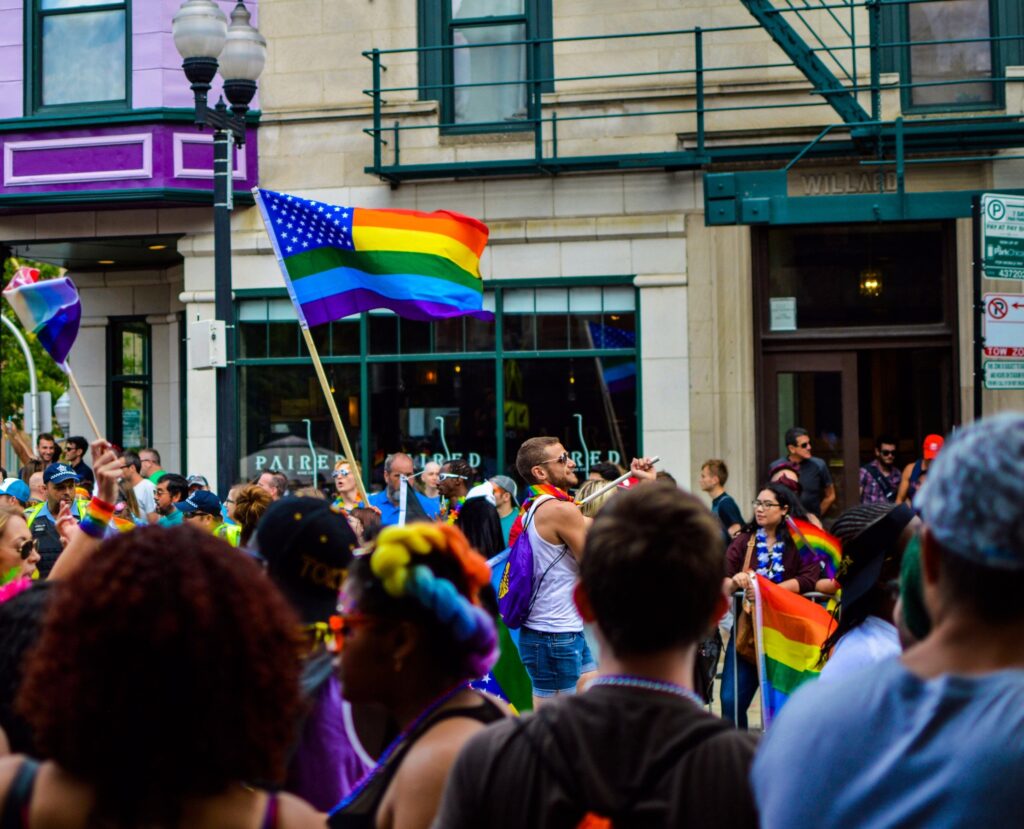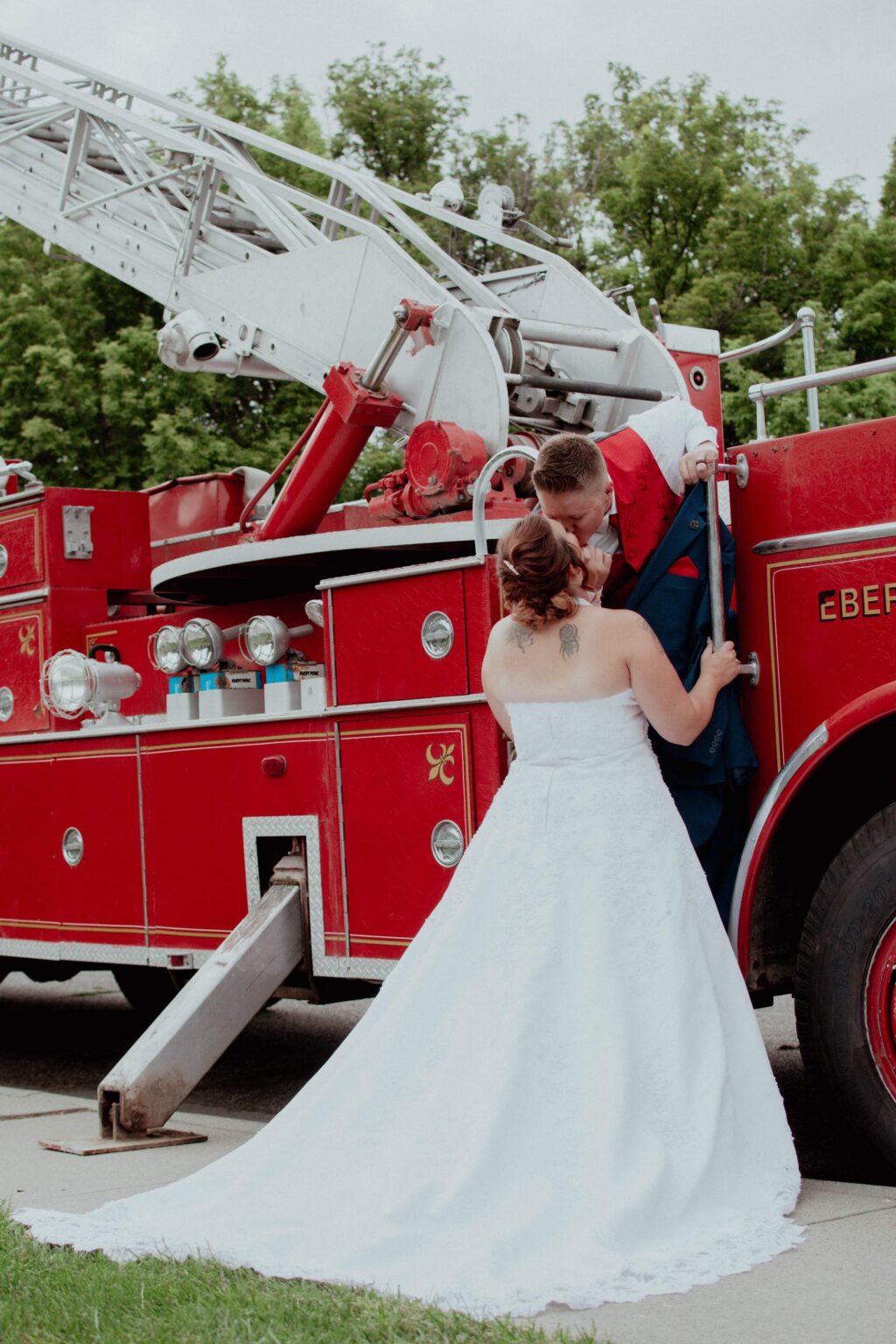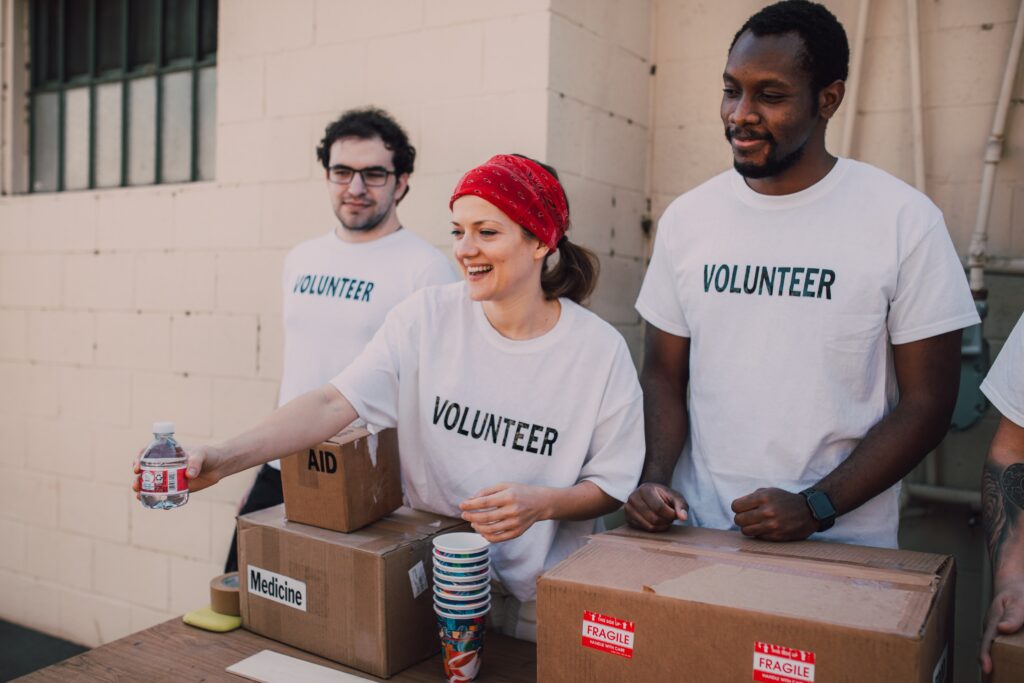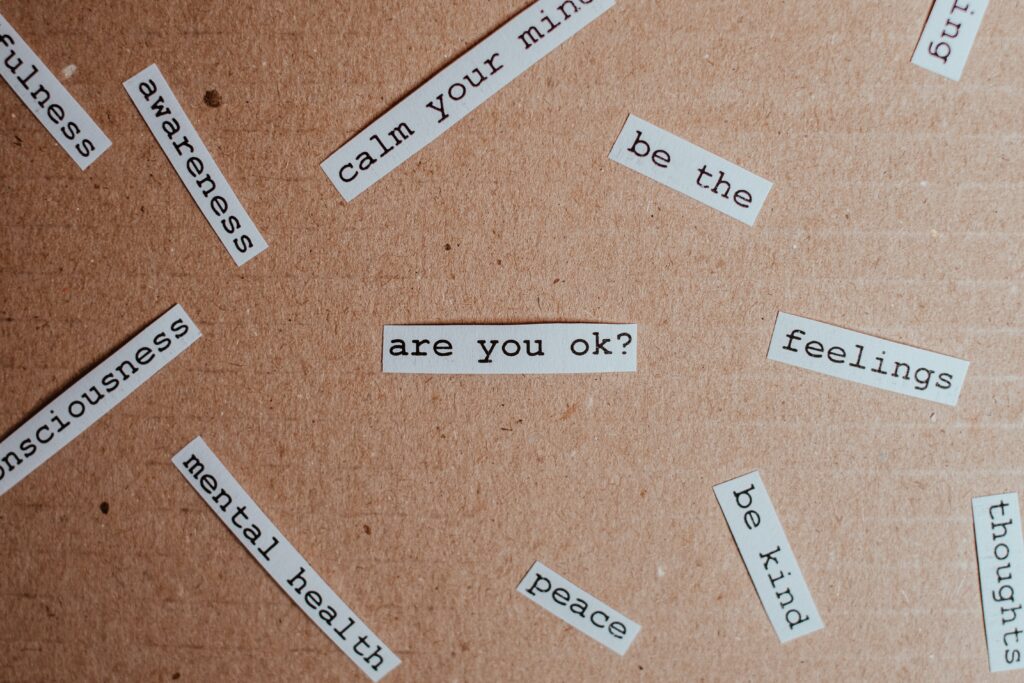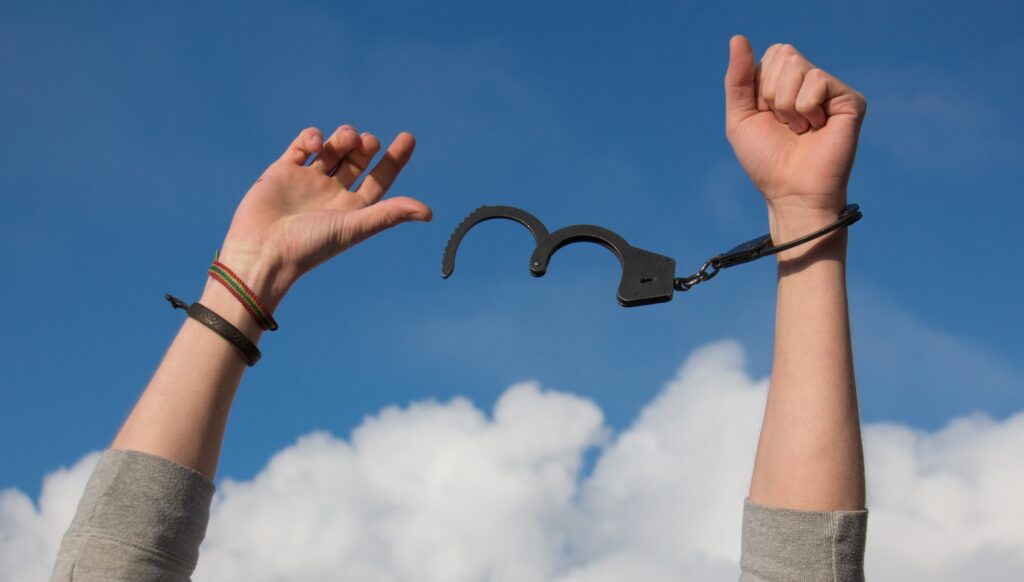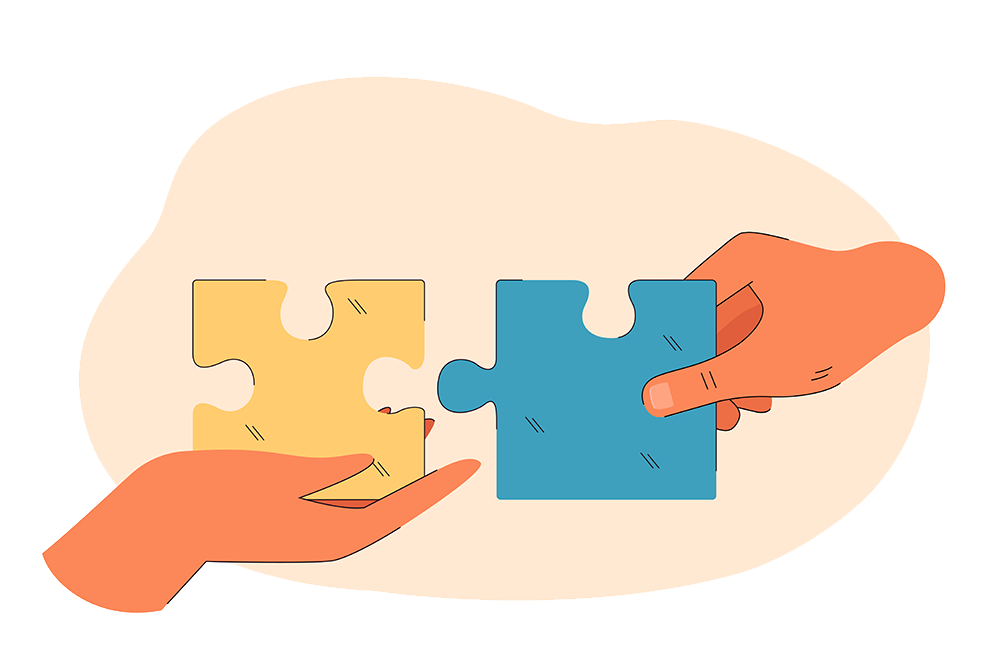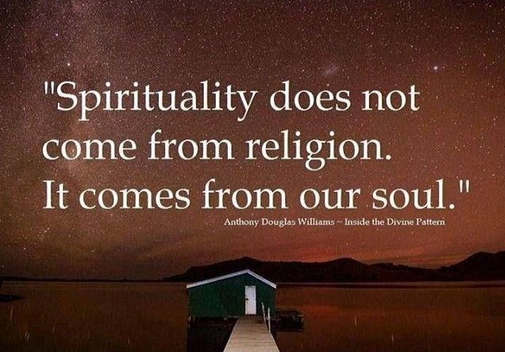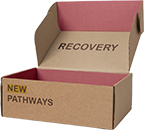Seasonal change definitely has its effects on me. Initially it seems to have a positive effect. I get excited when the season changes from summer to fall and then from fall to winter. I love that my environment in my home changes as we decorate for Halloween and Thanksgiving and then again for Christmas. It’s a tangible signal that the holidays are coming. I look forward to togetherness, corn mazes, pumpkin carving, all the colors of the autumn leaves. I’m wrapped up in the love and magic of Christmas, the kindness of giving, to cozy inside and beautiful snow and lights outside. There are so many things that fill me up!
There are also plenty of things that can be overwhelming and anxiety producing during the holidays. I have a panic disorder and I struggle with depression. I have spent some time figuring out my anxiety triggers and working with my therapist to develop strategies and building coping skills to better navigate the extreme stress and anxiety that the holidays can bring for me. But its after the holidays that I really feel the effects of seasonal change. I kind of sink into this depression after my fancy holiday anxiety goes away. Its dark and cold all the time. I dont want to go and do anything. I just want to sit at home, wrapped in a blanket, and do nothing. The longer I do nothing, the more depressed I get. Now that Im working from home, I could see this get bad rather quickly. So, I make a plan with people Im accountable to. I make commitments to activities with people that require me to get dressed and leave the house for a couple of hours at least a couple times a week.
My family’s commitment to playing sports gets me out of the house for practices and games every other season of the year, but winter sports have not yet been a thing in my household. So, we will make plans with friends, do date nights and family fun nights. Its important for me to do things that require me to be somewhat active while Im out, such as bowling or axe throwing. I need to have activities that are fun and build relationships, like game nights with our friends. I need to make sure that eating and food isnt the main focus of all my outside commitments. I need to spend some time outside when the sun is out, sledding, having snowball fights, or just walking. Last, but not least, I need to honestly check in with myself and my family, at least every couple of weeks. How am I actually feeling? Is my partner noticing signs and symptoms Im unaware of? Its part of my plan to reach out for help if the activities in my plan are not helping. I have discovered that professional help is necessary sometimes and can be life-changing. I am willing to do the work I can to improve my quality of life, and ask for help when my mental health is suffering. If you struggle with seasonal change, you may benefit from developing skills and strategies of your own. And if youre struggling with your mental health, please dont be afraid to reach out and ask for help.



